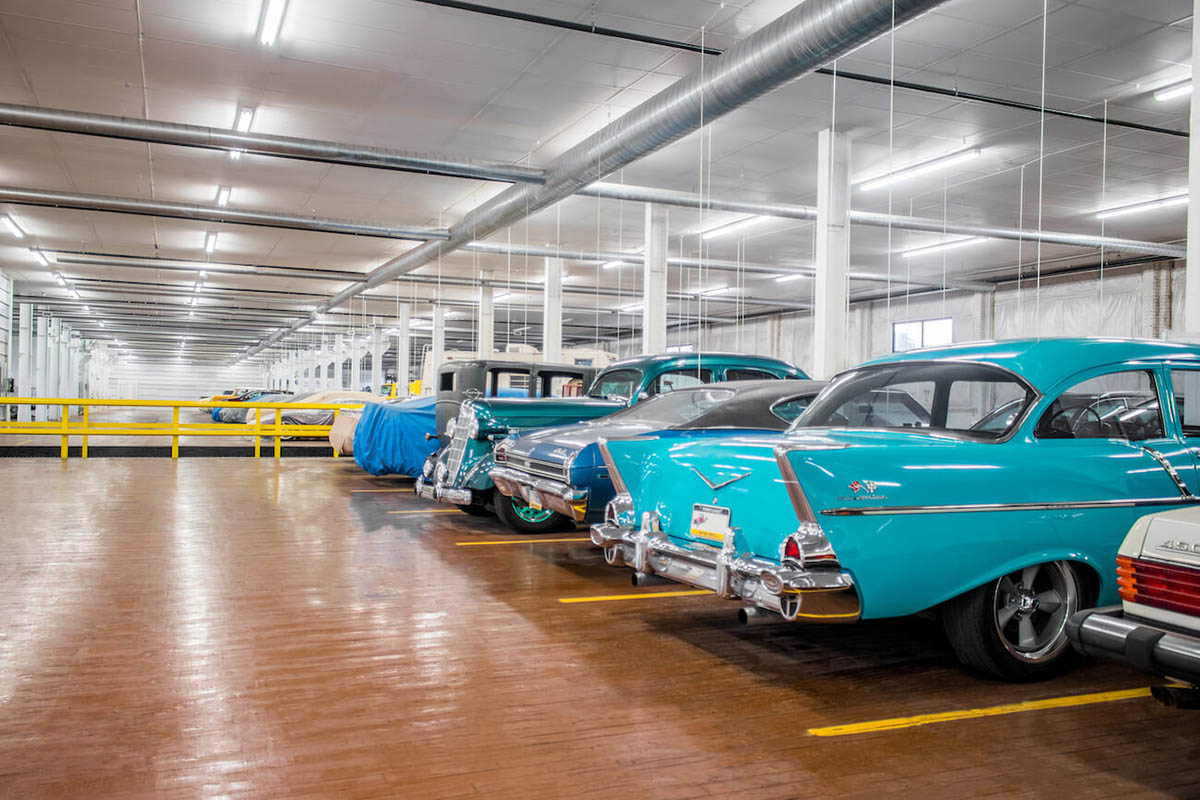A Look at How Vehicle Self-Storage Works
Self-storage units can be a helpful investment for those who need extra space for their items. Sometimes, people invest in storage units for a move to a new home. These units allow them the extra space needed to store items that might not fit inside a new house, condo, or apartment. In other cases, people utilize such storage units for storing extra supplies for a business.
This might include a comic book store owner who has a huge stock of older comic books, which won’t fit his new store’s shelves. Even if space isn’t an issue with a personal residence or a business, people like having an extra place to store things, no matter the level of their importance.
Self-storage units are used a lot in the United States. In 2021, there were over 49,000 storage facilities that offered self-storage services. Approximately 10.6 percent of residents in the United States rent a unit in a self-storage facility.
One item which is stored in many self-storage facilities is vehicles. For various reasons, people who drive Hyundai’s, Toyota Camry’s, Toyota Avalon’s, and many other vehicles store their automobile’s in self-storage units. For this piece, we will dig further into how vehicle storage works at a self-storage facility.
Finding Self-Storage Insurance

When you decide to store your vehicle in a self-storage facility, you’ll first want to ask, “Who Insures self storage facilities?” Insurance coverage for vehicles stored in storage units might not work the same for, say, other vehicles covered under automobile insurance with your insurance company. You need to check with an insurance company and determine what will actually be covered once you decide to place your car in a storage unit.
For instance, when it comes to something like homeowners insurance, most people understand what’s included. If not all, the items in your household are covered by renters insurance, even including those personal belongings you might have in your automobile.
If vandals break into your home or automobile, you can rest assured that your homeowner’s insurance will take care of covering those affected items. Just as you discussed the various aspects of your renter’s insurance like coverage limits, deductibles, and exclusions, you should do the same for self-storage insurance.
One thing to also discuss with an insurance agent is whether the coverages of your homeowner’s insurance possibly extend to a vehicle that’s located in a storage facility.
Since personal belongings are covered under most home insurance policies, there’s a chance that such coverage might still extend to your vehicle in self-storage. Be sure to discuss this with a licensed homeowners insurance agent when seeking out other options for self-storage insurance.
Determining What Type of Storage Unit to Rent
One of the major decisions you’ll need to make when choosing a storage unit for your vehicle is what type of storage unit you want. Let’s say you’ve made the rounds searching for cars for sale in Nigeria. You’ve had your vehicle shipped from Lagos, Nigeria, to the United States.
Maybe the vehicle is a Hyundai, Toyota Camry, or Toyota Avalon that you’ve had your eye on for a while. Once the vehicle reaches the United States shores, you want to ensure that your self-storage option will be the best one for it.
You’ll want to choose between uncovered parking spaces, covered parking spaces, shared indoor units, and personal enclosed units. When deciding which self-storage facility to determine, discuss with representatives on-site your self-storage unit options, and maybe ask what the plus or minuses are for selecting a particular storage unit. Inquire about which ones are more often used. With this information, you can determine which type of storage unit will be the best to rent.
How Vehicle Self-Storage Works: Figuring out Costs

As you search for the right self-storage facility in the United States to place your Toyota or Hyundai vehicle in, make sure you find one for the best price. Having to store your vehicle away from your residence is already an added cost for you.
You don’t want to make it worse by paying a huge amount of money as an already financially struggling homeowner. Find a self-storage facility that will allow you to store your vehicle there at a reasonable cost.




















